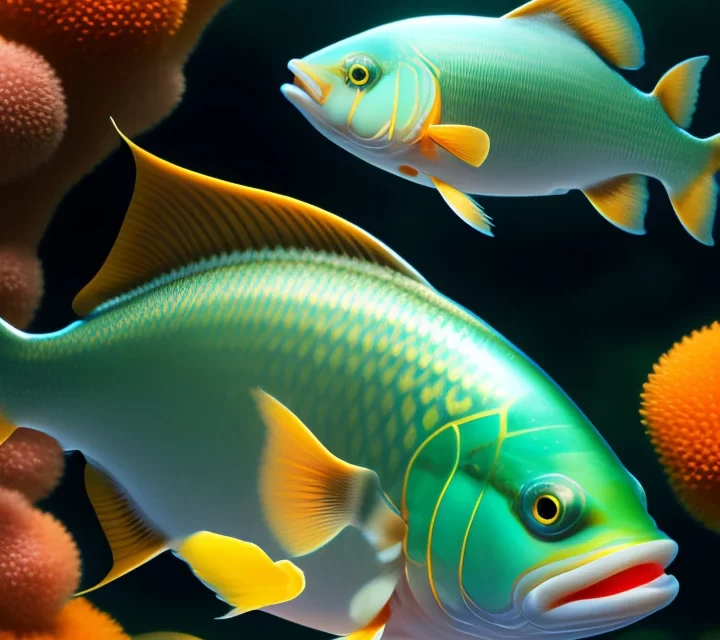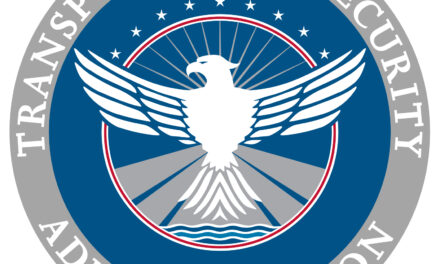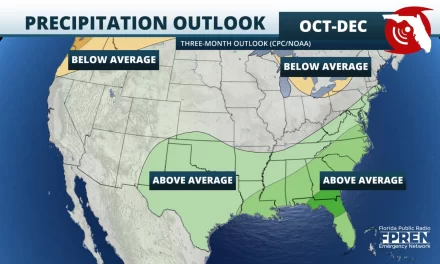
Burning Seas Threaten U.S. Fisheries

It’s winter and marine heat waves are still affecting US waters which could harm fish stocks even in winter
Despite cold weather setting in across the country, hotter than average ocean temperatures off coasts across the whole of the US are still causing marine heat waves that could last another six months. The combined impact of these record-breaking marine heat waves on top of warming seas linked to climate change could have a significant impact on major fish species in the USA, says the Marine Stewardship Council (MSC), the NGO that sets a global standard for sustainable fishing.
Information provided this week to the MSC from the US National Oceanic and Atmosphere Administration (NOAA) reveals that US is still experiencing marine heatwaves, including off the Pacific Northwest (extending south westward from the US west coast towards Hawaii and beyond), south Gulf of Mexico, and the Northwest Atlantic around the U.S. The waters on both sides of Central America are also currently experiencing marine heatwaves. There is a 60% chance that these warm conditions will persist for at least the next four to six months.
Today 30% of the global oceans are experiencing marine heatwaves (including long-term warming), which is the largest combined area of the ocean to experience warming since 1991. These areas include the northwest Pacific and the Sea of Japan, the Caribbean Sea, much of the tropical and northern Atlantic, the western Indian Ocean, and several sectors (Indian, Pacific, Atlantic) of the Southern Ocean.
As seas become warmer and marine heat waves more frequent due to climate change, governments must prioritize managing these stocks sustainably to help ensure they are resilient to climate change impacts such as heatwaves and effects of warming waters.
Fish species such as black sea bass on the US’s east coast and commercial fish stocks such as groundfish on the west coast are vulnerable to climate change, pushing them further north to find cooler waters.
As warming seas change the distribution of fish stocks, US states must work together across state borders to ensure effective monitoring and management of shared fish stocks. The MSC is researching the impacts of different quota allocation options to manage shifting fish stocks, including black sea bass, on the east coast. These climate-smart fisheries management solutions allow fishing quotas for different States to change automatically as stocks shift north due to climate change, helping to sustainably manage shifting stocks across U.S. state management boundaries.
Warming seas could also limit some fish species ability to spawn, leading to declines in the numbers of fish and significantly affecting seafood supplies and ocean ecosystems.
Scientists are also concerned that if the current marine heat waves continue that could result in a repeat of past events. The 2014-2016 US West Coast marine heat waves reduced fish populations to such an extent that fisheries closed for more than three years to help rebuild fish stocks.
Dr Christopher Free, Marine Institute, University of California, Santa Barbara, said: “In the last decade, marine heatwaves have disrupted fisheries all around the world. If conditions stay hot, similar catastrophes may be on the horizon.”
A recent study also found that the socio-economic costs of a single marine heatwave event were significant, exceeding US$800 million in direct losses or US$3.1 billion in indirect losses of ecosystem services for multiple years.
Nicole Condon, the MSC’s US Program Director said:
“Marine heat waves, estimated to have increased by more than 50% in the past 30 years, combined with larger-scale warming caused by climate change are having a profound impact on our oceans. As a result, the size and distribution of the world’s fish populations is changing, creating significant challenges for fisheries managers. However, this also creates an opportunity to build more resilient management systems to support the future of fisheries. “Policy makers must find a way to incorporate stock shift changes and climate smart solutions into long-term and robust fisheries management plans. MSC certified fisheries showcase that meaningful steps in this direction are possible. The MSC Fisheries standard, along with the roughly 15% of global fisheries volume currently MSC certified, helps to safeguard seafood supplies and broader ocean health. It will take all of us recognizing and planning for continued shifts to foster oceans teeming with life for future generations.”
Angela Small
Radio Production Assistant














